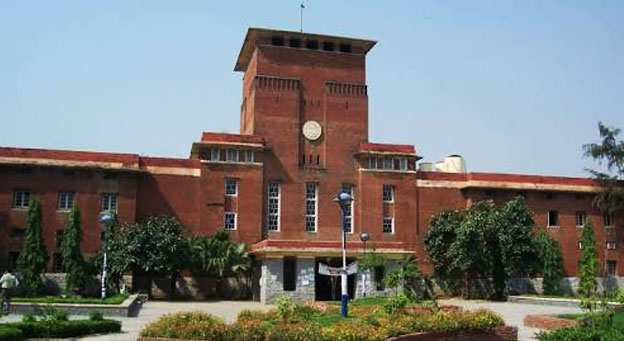Language is an important marker of identity. Even when speaking the same language, social groups differentiate themselves by the way they talk. Thus language offers a way of stating a resistance to cultural uniformity. A native language goes beyond simple differentiation. It represents a whole cultural history. Most people recognize the importance and value of indigenous culture and linguistic tradition and thus create opportunities where the languages can be used for q wider range of purposes than simply conversing with grandparents.
First, they often form social clubs and publish their own news letters that bind them together. They encourage popular entertainment through their mother tongue. They encourage viewing of T.V. programmes and movies that are subtitled in their mother tongue. They often assume an active role in language and cultural preservation.
Although children of minorities are no longer subjected to corporal punishment for using their home language, they are often the target of other, more subtle forms of rejection and ostracism. Thus these children begin ignoring their native language. Often overt put-downs come from peer groups belonging to other linguistic belts. To prevent this, elders of the community try to send them where there are others like them who show greater respect and appreciation for cultures.
However, we must all contribute to keep native languages alive. To do this, it is essential to use them. if their use is declining, it is necessary to identify special occasions and designate special times and places to use language. The community must provide direction, but unless the school system participates in the effort, it may lack credibility in the eyes of today’s sophisticated youth.




























